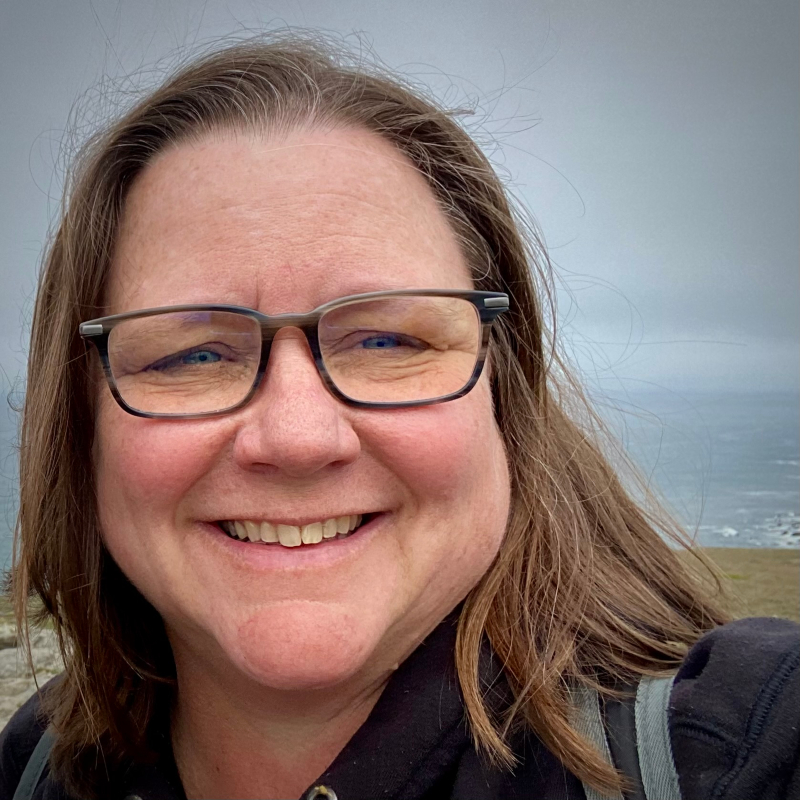CM: Why did you enter TCE? And/or, what did you want to get out of it?
TH: I took the training because as a licensed educational psychologist (LEP), I found myself “coaching” parents around issues with their children, including learning disabilities, autism, ADHD, depression and anxiety. When I worked in schools, this happened periodically, but as a private practitioner, it was becoming regular. I found that they didn’t want counseling or therapeutic support, but something much more focused on solutions—solutions that were a perfect fit for them and their families—not just overall theories that I had about how to help. I knew I needed to get more training, not in the knowledge, but in the relationship with the client. I’d done research into coaching programs, but felt that the value in those had a lot more to do with the name of the person running them than actual skills and I let it go. My business coach recommended TCE and when I went to a workshop about it, I was immediately impressed with the depth, with Cami’s commitment. Even on a mid-COVID Zoom, I could feel her passion, knowledge and commitment to the power of coaching and I was excited to start. I wanted to have better skills around getting people out of their own way—how to support them, validate them and get them to move forward. I knew TCE was the way toward that.
CM: What is the most valuable thing you got out of TCE?
TH: Neutrality. Learning about what it means to be neutral and curious and how absolutely powerful that is for the person being coached AND for the coach. Coaching starts with genuine curiosity for what the client wants and why. When you’re curious about a client, you are not so worried about the “how” and more focused on the “what” and “why”—it allows them to shift the focus because you do—you create space for them to grow. As a bonus, I also learned about my own people-pleasing tendencies and how they get in my own way—a kind of personal development I wasn’t expecting but I’m grateful for. TCE is a great place to grow without judgment and by doing so, learn how to be a place for your client to grow without judgment. The way to stay out of judgment: neutral curiosity. It really is a skill that you can apply in your own life, not just for your clients.
CM: Did your reasons for entering the program change through the program and if so, how?
TH: My overall reason did not change. I wanted to be a support for the parents in my private practice. But it did open me up to the idea of coaching outside of just parenting issues around behavioral and learning difficulties and I shifted the counseling side of my practice to a more coaching centered approach. Something I wouldn’t have known was possible without TCE.
CM: What are you doing now with your coaching education?
TH: I am a full-time LEP who has shifted the focus of my practice from assessment and counseling to coaching. I still do the other things, but I am more focused on coaching students and families using skills that I learned about in TCE. It expanded my horizons in a way I’d not anticipated.







